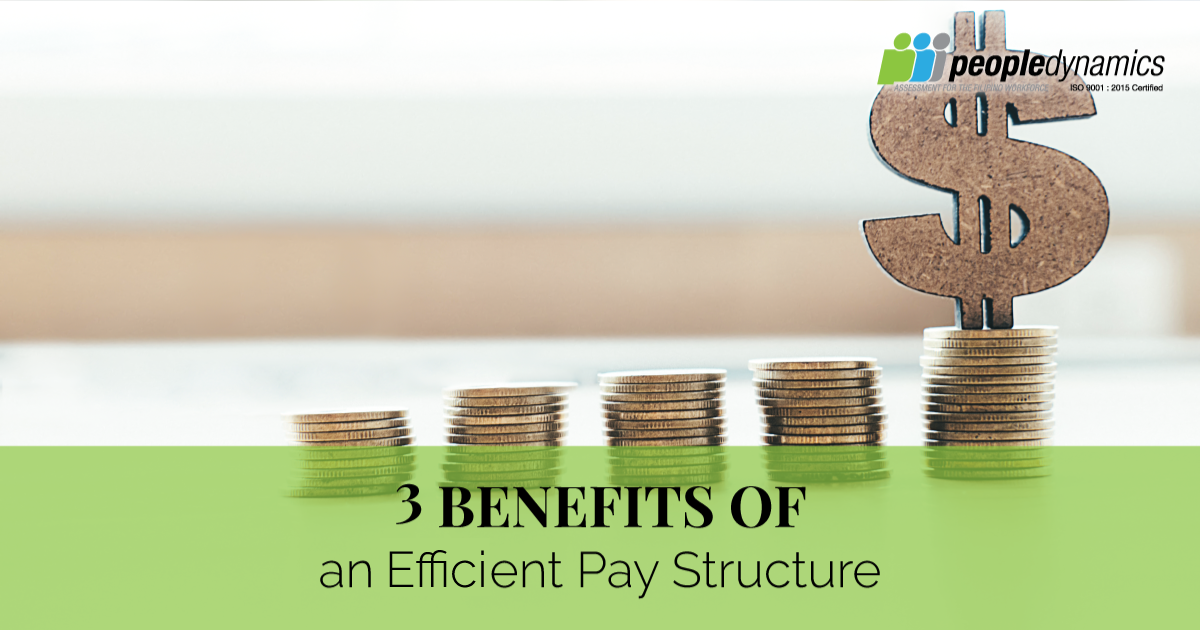One of the first things that an applicant looks for on the job is the salary. Who would turn down an attractive compensation offer? But, as the employer, you have to keep in mind if the compensation you’re offering for a job is really worth it. An organization ponders what and how much to offer a candidate for a job opening. It also wonders how much a salary increase will be. Severance pays or promotional increases are also taken into consideration. What you and your organization can do is to have a salary structure. And not just any salary structure, but an efficient one. We list down 3 benefits of an efficient pay structure for your organization.
3 Benefits of an Efficient Pay Structure
Proper compensation of employees
A quote from Doug Conant, former CEO of Campbell’s Soup, says, “To win in the marketplace… you must first win in the workplace.” Your employees’ treatment of your customers is a reflection of how they are treated at work. Your employees’ efforts will be properly rewarded if you have an efficient pay structure. An overworked but underpaid employee wouldn’t perform, right? They won’t have any motivation to actually do well for the organization if the organization doesn’t appreciate them.
Competitive in the market
You need to have a good salary system to attract and retain talents in your company. The salary plays a big part in attracting talents to apply to your organization. Obviously, if your organization is small, there’s no point in competing with big companies when it comes to salary. You can also offer other forms of compensation or additional benefits to attract a talent to work in your company. There are a lot of ways to attract talents, from creative ways of rewarding them from investing in their development.
Affordable for the company
As much as you want to give your employees or offer a big salary, you have to consider your situation. Can you afford it? Your investment into your pay structure will all go to waste if you don’t consider how it will affect your company operations. There are a lot of reasons why underpaying is bad—such as high turnover and demotivation—but there are also a lot of reasons why overpaying is just as bad.
Keep in mind that when designing your company’s pay structure, you have to think of both sides of the coin. The organization’s and the employee’s. And once you have created an efficient pay system, you can use it for other areas, too. Especially when your organization needs accounting for labor costs. Having a flexible system like this is surely going to save your organization from losing hundreds and thousands from compensation mistakes.




